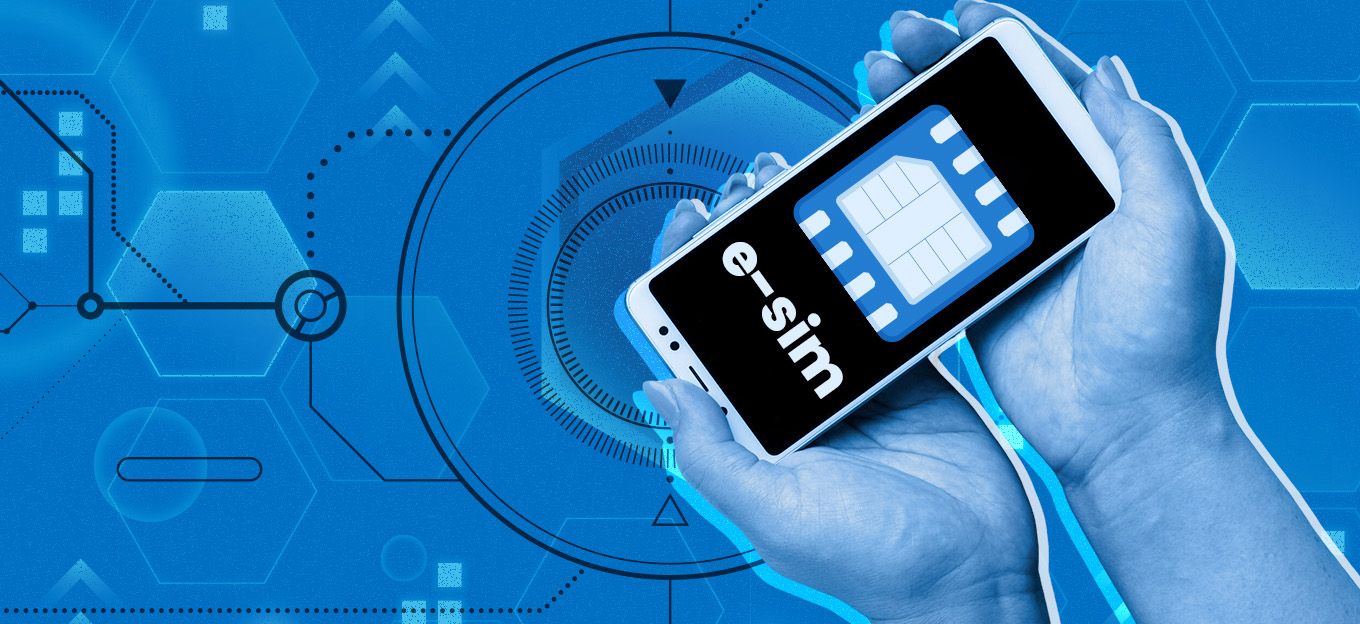IFPP and eSIM: Smarter Manufacturing for a Born-Connected Future
IFPP and eSIM: Smarter Manufacturing for a Born-Connected Future
- Last Updated: November 7, 2025
Jean-Louis Carrara
- Last Updated: November 7, 2025



For OEMs, product makers, and design teams, the pressure to deliver born-connected devices has never been higher. Whether it’s wearables, industrial sensors, smart meters, or automotive platforms, connectivity can no longer be bolted at the end. It needs to be embedded securely and reliably from the start.
Yet, many factories still face hurdles: offline or air-gapped environments, long provisioning lead times, SKU sprawl, and complex handovers from prototype to production. This is where In-Factory Profile Provisioning (IFPP) comes in. By enabling secure profile loading directly on the factory floor, IFPP helps OEMs simplify manufacturing, accelerate time-to-market, and build devices that are ready for global scale from day one.
The Challenge: Why Cellular Integration Must Become Simpler
Cellular connectivity promises global reach, secure communication, and high-quality service delivery. But for manufacturers moving from design into mass production, these benefits are often slowed by operational hurdles. Many factories lack consistent network access, making traditional over-the-air provisioning methods impractical. In other cases, profile loading happens too late in the process, extending lead times and creating risk just when products should be moving out the door.
Adding to the difficulty, OEMs are often forced to manage a patchwork of regional SKUs and network configurations, which drive up cost and complicate logistics. Even seemingly small issues, like supporting battery-constrained or headless devices that cannot handle conventional provisioning, create significant bottlenecks. All of this adds up to a fundamental misalignment: while demand for connected products accelerates, the processes inside factories are not yet optimized to deliver them efficiently.
The Solution: IFPP + SGP.32
The latest eSIM standards, particularly GSMA SGP.32, have begun to change this equation. When combined with IFPP, manufacturers gain a way to close the gap between product development and production. Instead of relying on public networks or complex SM-DP+ infrastructure, OEMs can now load and validate profiles securely inside their own production environments, even if those environments are offline or distributed.
The result is a far more flexible and resilient approach to connectivity. A single SKU can now support multiple markets, eliminating the proliferation of hardware variants. Provisioning that once took weeks can happen in minutes, folded seamlessly into QA test points on the line. And because profiles can include fallback or even satellite-ready capabilities, devices leave the factory better equipped to handle diverse real-world conditions. Together, SGP.32 and IFPP create a foundation for manufacturers to build at scale without sacrificing agility or control.
Transforming Operations: Tangible Benefits for OEMs
The advantages of IFPP extend beyond the technical to touch every part of the organization. For product leaders, the ability to streamline SKU strategies reduces regional complexity and speeds global launches.
For utilities, factory provisioning combined with SGP.32 means smart meters and other connected infrastructure can leave the factory ready to connect immediately — reducing truck rolls, simplifying logistics, and improving resilience in mission-critical networks, and adapt to changes during the lifetime of the devices in the field.
This is particularly relevant as smart metering continues to be one of the biggest drivers of growth in the IoT space, accounting for a significant share of global eSIM deployments. It provides a powerful, real-world example of how IFPP accelerates scalability and reliability for connected products of every kind.
Engineers and quality assurance teams gain the chance to test connectivity behavior earlier in the cycle, shrinking testing windows from weeks to minutes and avoiding costly last-minute redesigns.
Manufacturing and supply chain leaders benefit as well, since provisioning becomes part of existing workflows rather than an external dependency. That integration reduces rework, prevents bottlenecks at handover stages, and helps keep production on schedule. Operations teams, meanwhile, can support a broader set of use cases across consumer, industrial, and automotive products without the burden of managing multiple SKUs.
Taken together, these changes transform provisioning from a persistent source of friction into a driver of efficiency and confidence. OEMs are able to move faster, reduce risk, and bring connected products to market with far greater reliability.
Scaling Smart Manufacturing with IFPP
By integrating IFPP into production, manufacturers can provision securely in offline, air-gapped, or distributed factories, test and validate profiles as part of QA flows, and adapt provisioning strategies dynamically without generating new SKUs. This redefines the “factory boundary,” eliminating dependence on external networks and giving OEMs direct control over one of the most critical elements of connected product deployment.
In practice, IFPP makes everything simpler by:
- Streamlining provisioning so profiles can be loaded and validated directly on the factory floor.
- Reducing complexity by enabling a single SKU strategy that eliminates regional variants.
- Accelerating timelines with provisioning measured in minutes, not weeks.
- Improving reliability through built-in rescue logic and satellite-ready support.
- Lowering costs by cutting out unnecessary infrastructure and avoiding rework.
In a recent webinar with Itron, a leader in smart energy solutions, Future-Proofing Utility Connectivity demonstrated how IFPP is already driving results in smart energy and industrial deployments — establishing it as a foundation for connected infrastructure.
Why Act Now?
McKinsey estimates smart factory initiatives could deliver $1.5–$2.2 trillion annually by 2030, but only a fraction of manufacturers today are fully connected. With 75% of devices expected to be connected by default by 2027, OEMs that simplify connectivity now will lead the next wave of global deployments .
Transforming connectivity from an afterthought into a design-stage advantage means fewer surprises, faster launches, and greater commercial confidence.
The Future of Connected Products
Connectivity no longer needs to be a bottleneck or a cost center. With IFPP and SGP.32, manufacturers can move from SKU sprawl to single-SKU simplicity, from slow OTA provisioning to instant factory provisioning, and from disconnected prototypes to born-connected products.
The next generation of connected devices will be smarter, more scalable, and more resilient. And it starts at the factory floor.
Jean-Louis Carrara manages sales for Kigen, a global leader in eSIM and iSIM security solutions, enabling manufacturers to adopt and scale cellular IoT with ease.
The Most Comprehensive IoT Newsletter for Enterprises
Showcasing the highest-quality content, resources, news, and insights from the world of the Internet of Things. Subscribe to remain informed and up-to-date.
New Podcast Episode

IoT and AI in 2026
Related Articles


